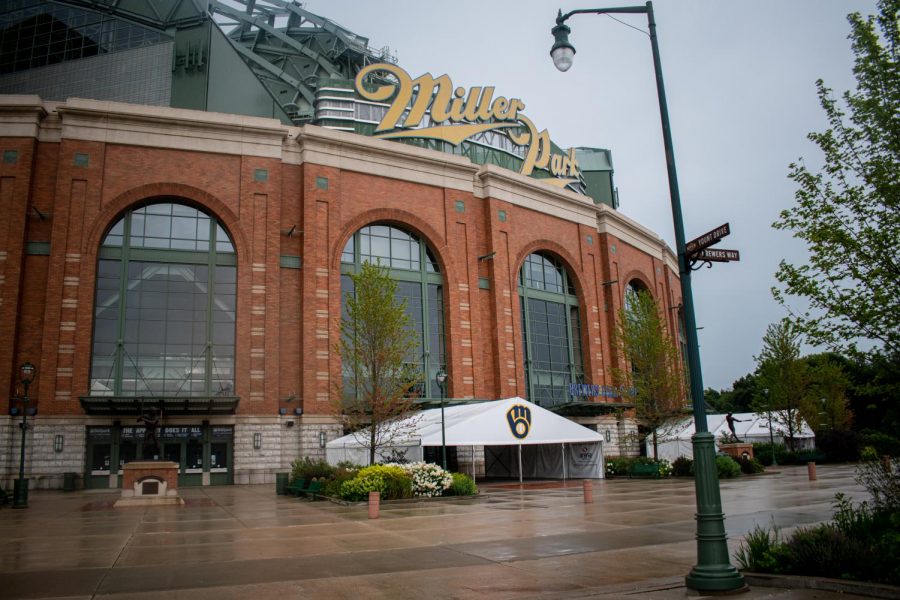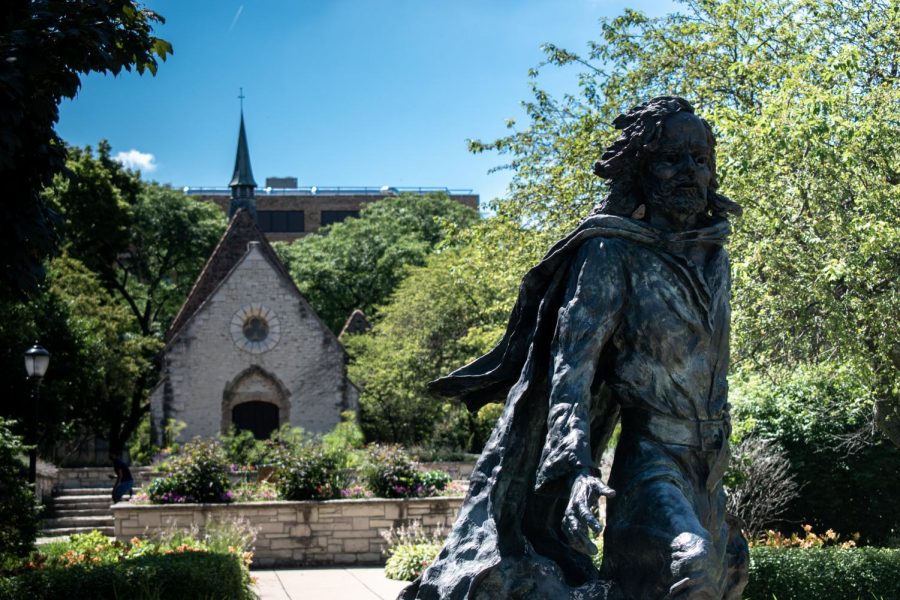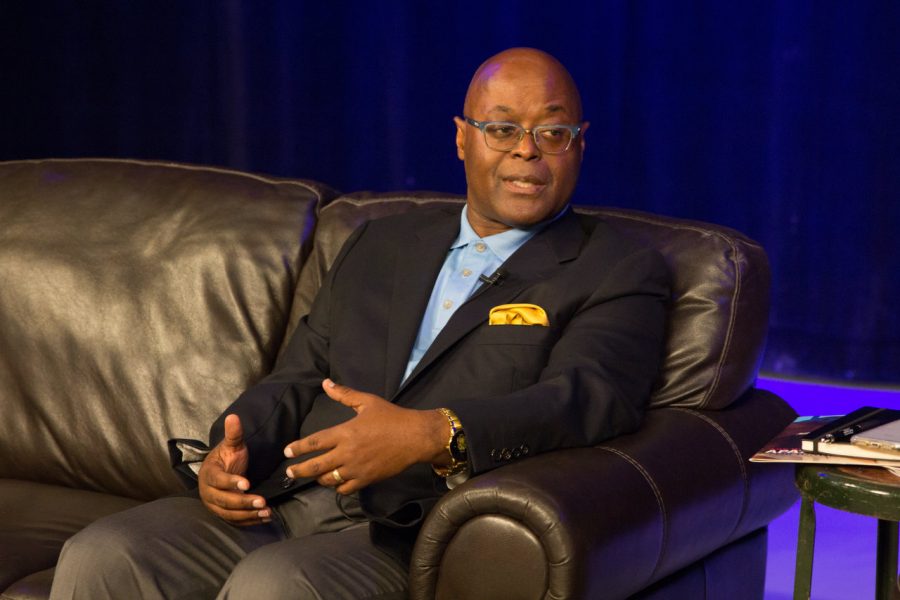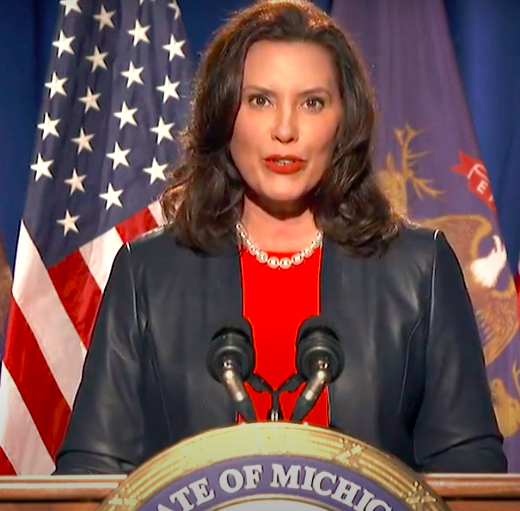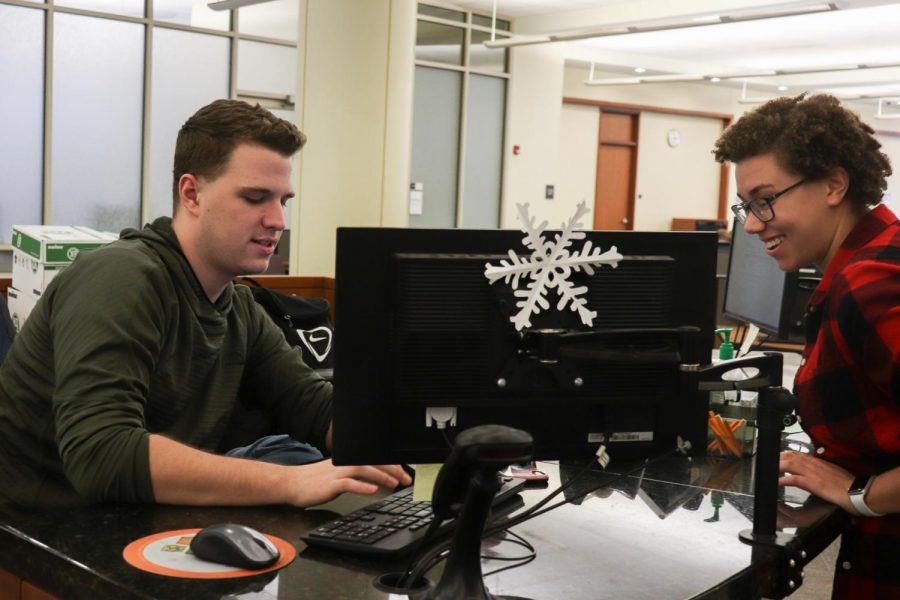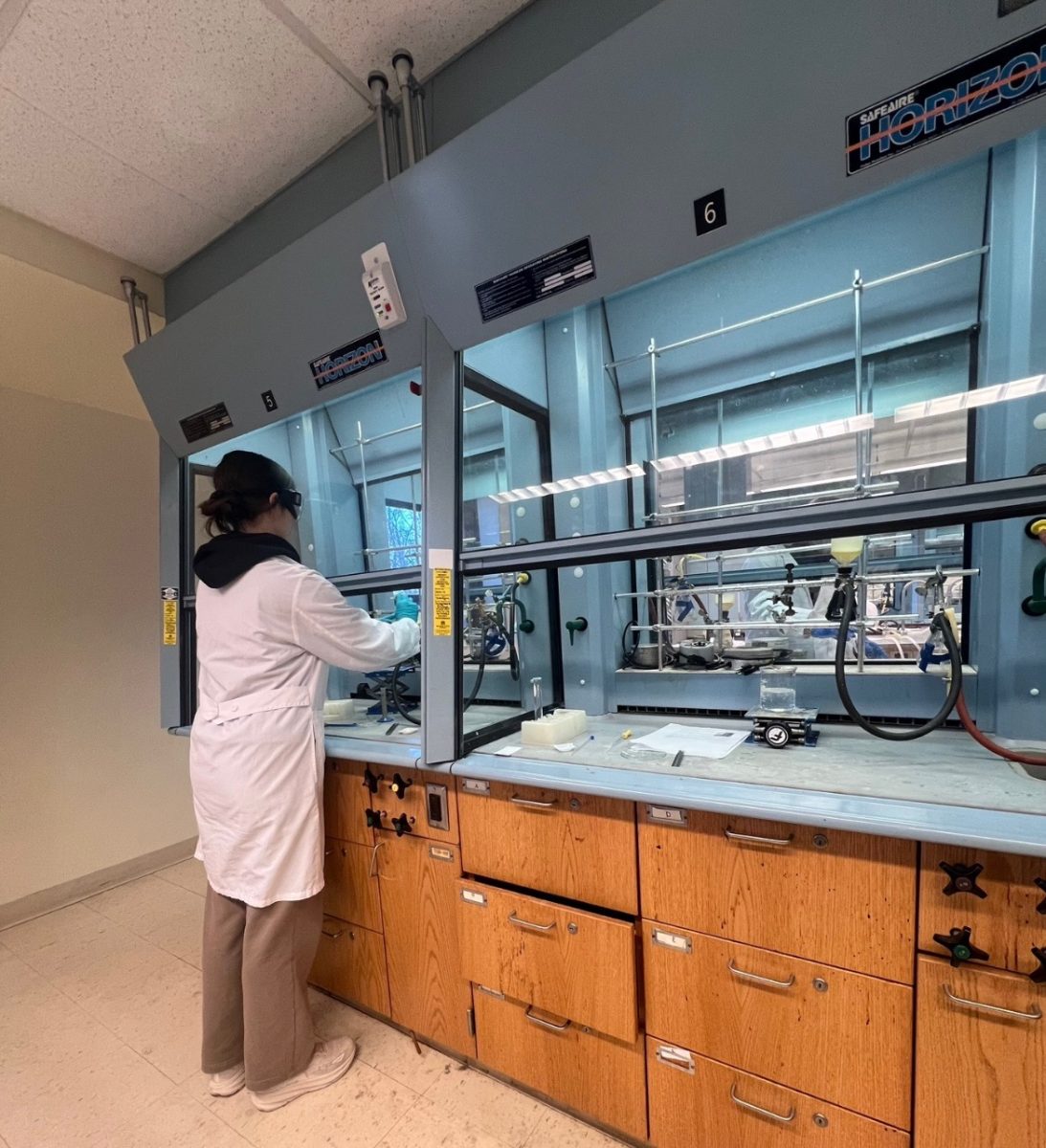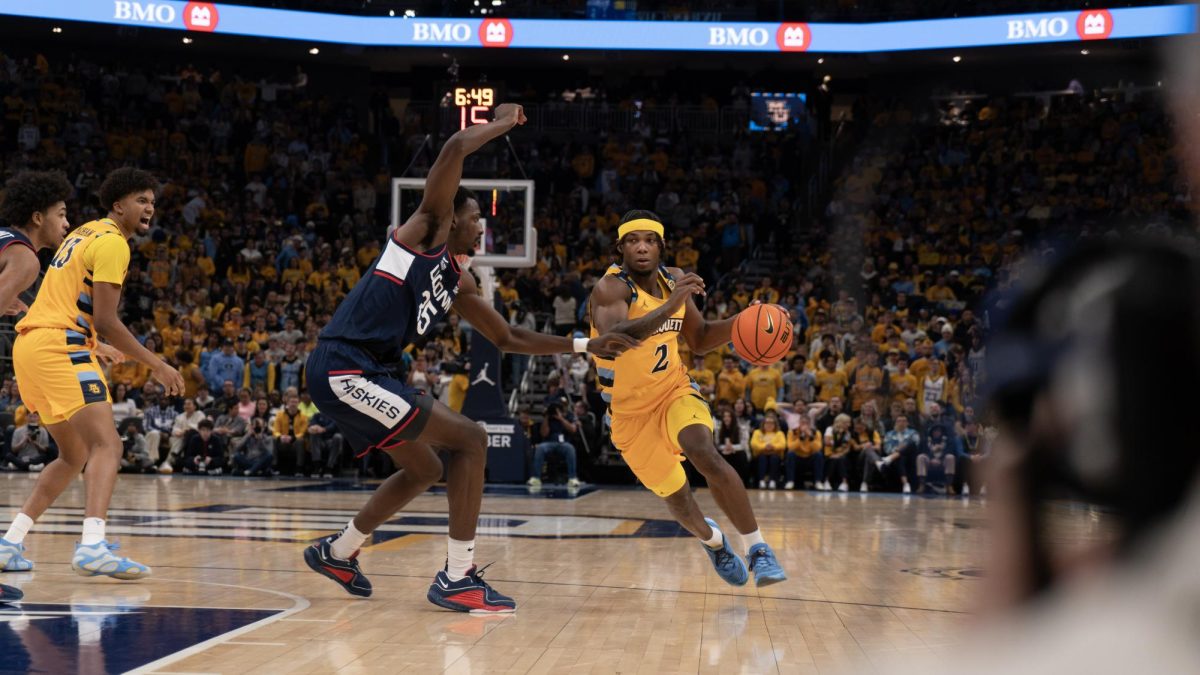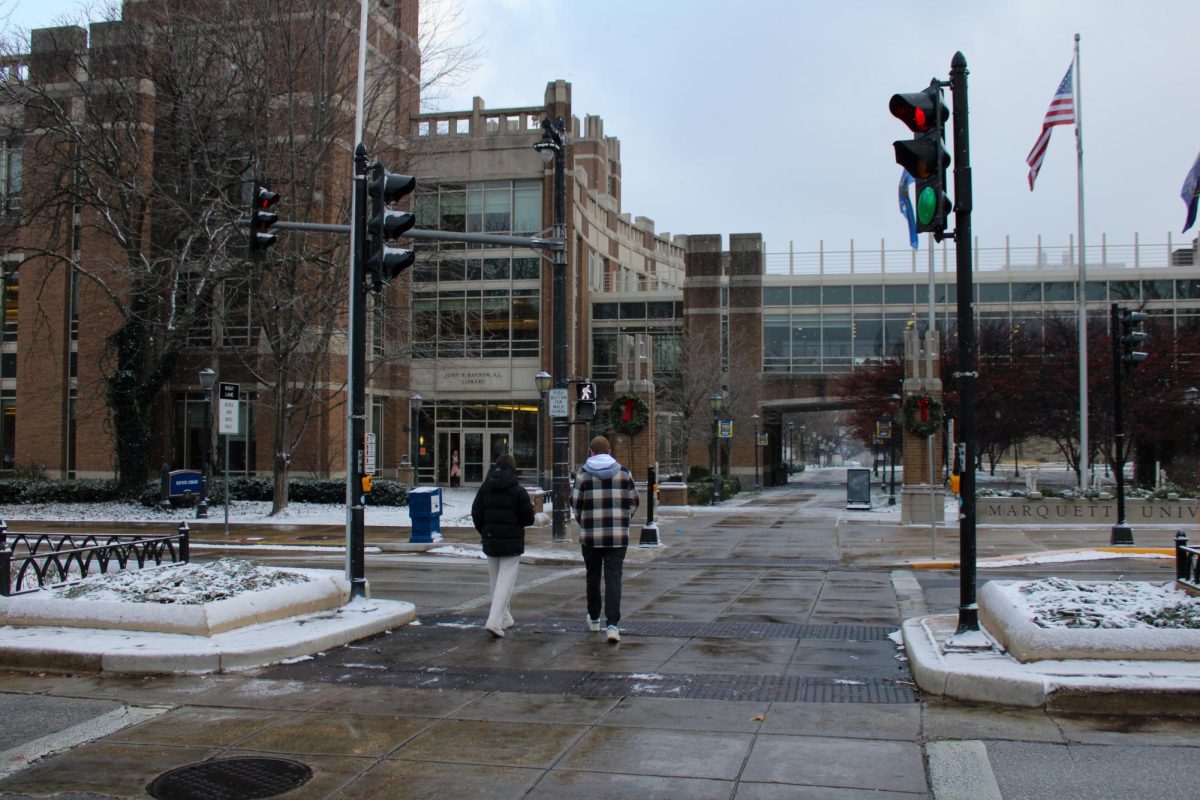In the past, conventional wisdom has held that attending college in the U.S. is a near-guarantee for economic success. Now, a report from the U.S. Bureau of Labor Statistics shows that more than half of all young college graduates face widespread unemployment and underemployment — a fact that challenges, though doesn’t necessarily invalidate, this long held belief.
According to the April report, more than 50 percent of bachelor’s degree-holders under the age of 25 were either unemployed or underemployed in jobs that did not meet their skill level last year. In that time, bachelor’s degree-holders were increasingly underemployed as waiters, bartenders and food service helpers — fields with a minimum requirement of a high school diploma or GED.
Still, opportunities for college graduates vary by subject, and high employment rates exist for those majoring in science, engineering, education and health fields, according to data from the National Bureau of Economic Research.
“Job prospects in these areas, as well as in education, health and high-tech manufacturing are flourishing due to increased demand for the particular skills associated with these fields,” said Emily Lechtenberg, a Marquette economics instructor.
Jeffrey Djoum, a sophomore in the College of Business Administration, said he believes getting hired depends on more than just a degree.
“I feel like a Marquette education should provide the skills and resources necessary to take on a career path, but it depends on how much you put into it and what you’re studying,” said Djoum. “If I can’t get an accounting job after the five-year master’s program here, I messed up.”
Despite reports of a recovering economy, college graduates still face the adverse effects of the recession.
“I don’t think we can say high unemployment and underemployment is a trend among college graduates,” Lechtenberg said. “Even though we have entered a slow recovery, employment hasn’t been picking up as quickly, so the question may be: what’s wrong with our economy?”
Lechtenberg said the slow jobs recovery can be attributed partly to the presidential elections, stating there is always some economic uncertainty during this period.
Marquette’s class of 2015 was the largest in recent years, according to Robert Blust, dean of admissions and enrollment planning, but the Office of Admissions plans on fewer prospective students to be enrolling for the class of 2016.
“The class of 2015 exceeded our projections by about 100 students,” Blust said. “Admissions usually projects a number, so we’re counting on this incoming freshman class to be closer to that number.”
Blust thinks these new findings will have little impact on college attendance.
“Marquette is fortunate because our enrollment is strong in all our seven colleges, but I think some students will look at the job market and choose a major based on that, while others will just pursue their passions,” Blust said.


